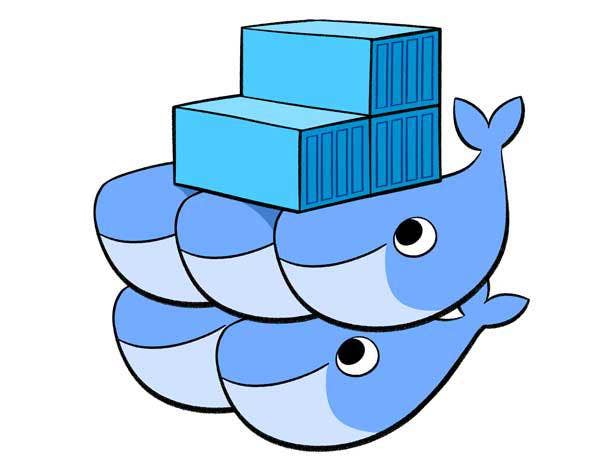Docker Unloads Enterprise Business, Taps New CEO
‘After conducting thorough analysis with the management team and the board of directors, we determined that Docker had two very distinct and different businesses,’ says Docker CEO Rob Bearden.

Docker on Wednesday announced that it named a new CEO and raised $35 million in new funding as part of a restructuring effort of the San Francisco-based company that includes the sale of its enterprise business.
As part of the restructuring, the container software developer said it would split its business into two: one focused on its active developer business and the other aimed at its growing enterprise business, which the company said it sold to Campbell, Calif.-based B2B cloud computing business Mirantis. Financial terms of the deal were not disclosed.
“After conducting thorough analysis with the management team and the board of directors, we determined that Docker had two very distinct and different businesses,” said Rob Bearden, chief executive officer of Docker, in a statement. “We also found that the product and the financial models were vastly different. This led to the decision to restructure the company and separate the two businesses, which is the best thing for customers and to enable Docker’s industry-leading technology to thrive.”
[RELATED: Docker CEO On Delivering Containers To The World's Largest Enterprises And Why Partners Are Critical]
Mirantis CEO and founder Adrian Ionel in a blog post that the deal would “accelerate Mirantis’ vision to deliver Kubernetes-as-a-Service with a consistent experience for developers on any cloud and on-prem infrastructure. Our Kubernetes technology joined with Docker Enterprise brings even greater simplicity and choice to enterprises with a cloud-first mandate.”
In announcing the restructuring, Bearden said that Docker Chief Product Officer Scott Johnston was the “person best suited to take the reigns” as CEO of the restructured company.
Docker also said it secured $35 million in new financing from previous investors Benchmark Capital and Insight Partners. Docker has raised a total of $272.9 million in funding since its founding in 2010.
In May, Docker named former Hortonworks CEO Bearden chief executive of the company, replacing Steve Singh, who spent two years in that position.
The company said it had grown rapidly since its founding in 2013, reaching more than 105 billion container downloads and over 750 global customers.